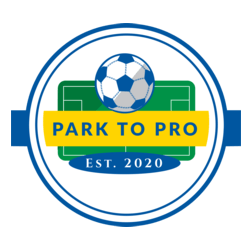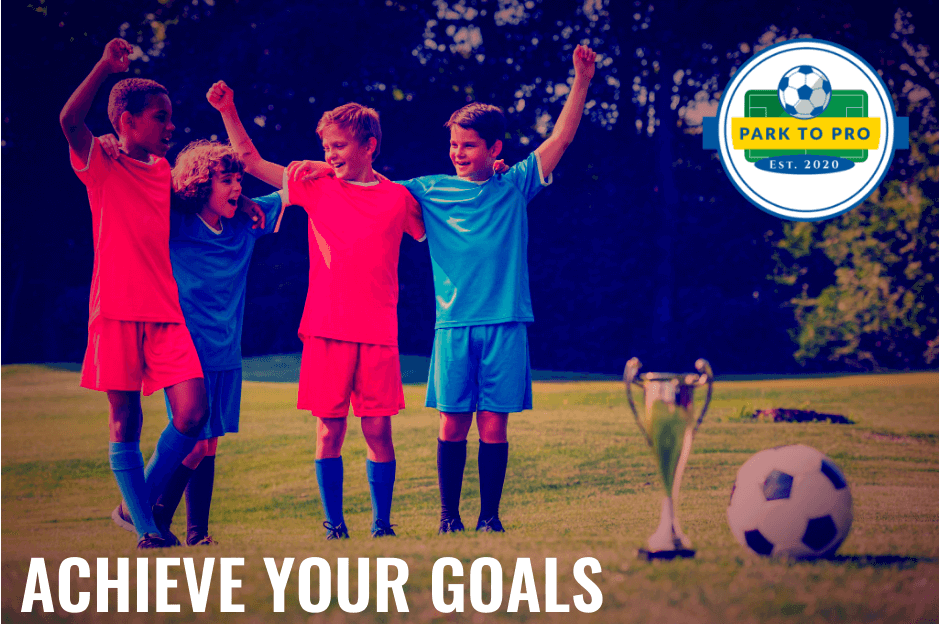After giving some context to my journey in Part 1, you should hopefully now have clearer lenses, to understand what we took part in during the recent FCE Pro Course.
Firstly, I’ll outline the various intentions that were in place before we started. I’ll then share some of my own reflections and interactions with my sub-group, which were all part of my learning process.
The course
To summarise, each day was varied and formulated logical progression, between both match days. We started the first day by observing a game and then analysing this to identify patterns of incompetence during the game. Once this was agreed, all sub groups had to design training sessions, that could potentially correct these through training.
Day 1
In house fixture – This was the foundation of the course week
Analysis of the game
Day 2
In depth explanations of principles that you could use in training, via CDEF formats
Day 3
Live training sessions, focusing on execution of decisions
Day 4
Live training sessions, focusing on deciding
Day 5
Presentation from PSV Eindhoven coaching staff
Day 6
Live training sessions, focusing on communication
Day 7
In house fixture – To evaluate the implementation of coaching actions, throughout the training week. Were they successful or not? (find out in part 3 of this series)
During all course days, there was plenty of content (listed below) and the opportunity for all delegates to re-re design training sessions and discuss many different references that we could use.
Course intention
In the build up to the course, all of the delegates received communication that the course intention would be, ‘Improving your execution, within a coaching action’. A coaching action follows the same format of a player; Communicating, Deciding what, Deciding how and execution of a decision.
Sub group intention
Our sub group intention was to align individual intentions with the course intention. At the time of writing, we are yet to identify if this was successful or not, with an evaluation of this conversation coming in part 3.
My individual intention
Before I travelled to the Netherlands, I tried to outline exactly what I wanted to get out of the week. Without having an intention, aligned with something you wish to achieve, you are going in no particular direction. You can’t also evaluate your progress, so the whole exercise is pretty pointless.
I decided that my intentions for the week would be to observe how other coaches, including RV, delivered their content and what use it could be for me. I also had my eye on reverse engineering, session design and learning about 2 different coaching styles.
Content
Throughout the week, we were given a large amount of information. This was broken down into a variety of presentations, ranging from;
Analysis
Sub group – reflecting FOR (hypothesis for impending training session)
Sub group – reflecting ON (evaluation of training session)
Differences between knowledge and experience
Reverse engineering a coach action
Unconscious football actions
There was also plenty more to digest, which allowed for a very informative week as you can imagine. All presentations were designed to engage the coaches in conversation and to provoke questions. Having no opinions presented, ensured that all discussion stayed on an objective wavelength and kept the bar high.
My own learnings
While the week was extremely challenging and provoked plenty to think about, I thought it would be good to highlight 4 of my key ‘reflections’ from the course. To explain this, I describe the stimulus that was given to us, the response is my ‘pop up’ and the action is something I will consider, to apply in the future.
Reflections
Stimulus – Experiencing first, before comprehension.
Response – This was very effective when we had to sit and discuss in our sub groups. RV could have ‘spoon fed’ us the information first and then we could’ve executed what he wanted. Instead, not knowing what really to do at the start, led to more conversation and hypothetical arguments.
Action – This aspect of the course was a great learning experience, as it pushed the coaches to find the answer(s) themselves. This also led to me questioning what I do with my players and not just ‘telling’ them the answers straight away.
Stimulus – The effectiveness of relevant (worded) questions in a logical order, while coaching.
Response – Stepping onto the field to coach allowed me to experience something new and enjoyable. I was relatively calm and didn’t feel phased at all, by this new situation. By thinking calmly and having a clear plan, it allowed me to observe the players and not the session design. When I was coaching, I did use 2 different types of questioning, which did lead to confusion in small parts.
Action – Practice my question-answer patterns and have them prepared for training/games, in order to use them as much as possible.
Stimulus – Sub – group relationships.
Response – The sub group I worked with was very challenging (in a positive way) and it engaged a lot of conversation. On a couple of evenings we did get slightly derailed and that led to a number of us getting stressed, myself included. On a positive note, we did have some very good references to utilise and it did allow the group to progress and share learnings.
Action – Maintaining relationships with your ‘staff’ is one of the key areas in being successful. As a consequence our group has agreed to continue in meeting up, via zoom, to continue our learning.
Stimulus – Use the correct body language to reflect your message.
Response – How often do we find ourselves in situations of emotional discomfort? When trying to communicate during these moments, our message could get lost in translation, by the way we conduct our body language. At great example of this, could be when our team is losing and we need to convey something important. If we look angry and speak with an aggressive tone, the chances of the receiver taking the message correctly, will be far slimmer.
Action – Assess the different types of body language I display in all situations and how this could impact the message, that I wish to deliver.
Networking
While this isn’t my priority when I attend these courses, opportunity does always present itself to formulate new professional relationships. You regularly work with different coaches, discuss solutions to problems during workshops and build new relationships over breakfast, lunch and dinner, with no set plan on where you sit.
Throughout my time participating in this pathway, I’ve interacted with coaches from all sides of the globe, which warrants itself for a very unique coaching experience. Having such a large array of different cultures and backgrounds attending these courses, gives it another huge positive that you don’t normally get in your home countries, when attending events with your federation.
Thanks for reading part 2! The evaluation on this course will be released in part 3 of this series, on Friday 1st July!

